Orienting the Disoriented:
A Craft Essay on Setting in Science Fiction
We are looking for well-crafted stories which don’t let this setting overwhelm the plot or the characters. Good writers pepper the details of the universe of their story throughout the work, revealing only what we need to know to understand why the characters do what they do, and what enabled them to do those things. We aren’t asking for stories that celebrate or minimize disability, even. We want visions of how future tech can create more fully inclusive communities, but we want to see that through the eyes of your characters—be they typically bodied or persons with disabilities. But, mostly, we want great stories. A piece which lays out a brilliant plan for using future tech to accommodate a wider variety of ways of being embodied would rock, but if that’s all it is—a blueprint, or an exercise in world building—it won’t win. Because this is, above all else, a writing contest.
So get writing!
Resources:
“How to Build a Universe That Doesn’t Fall Apart Two Days Later” by Philip K. Dick
SpecFicWorld World Building Resources
Writing-World.Com “Setting: The Key to Science Fiction”
Free Spacer “Science Fiction; Setting versus Genre”
Sarah Einstein writes primarily Creative Nonfiction, though whenever she gets to choose what she reads, she almost always chooses Science Fiction. Her work has appeared in Whitefish Review, Fringe Magazine, Ninth Letter, and she has an upcoming piece in Pank. She has been awarded a Pushcart Prize. She is a dedicated human rights activist and dreams of a future in which all sentient beings are treated with dignity and equal rights.

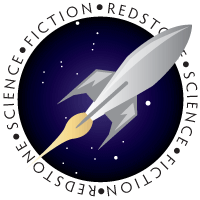
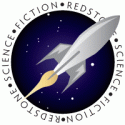





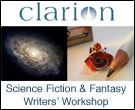


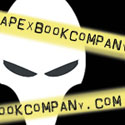
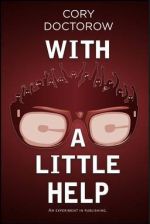
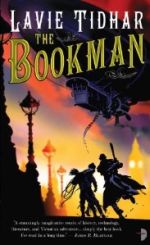
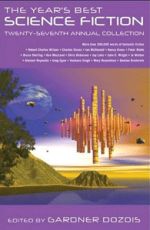


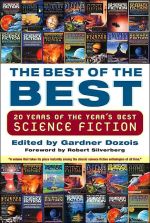
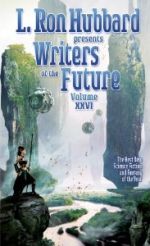

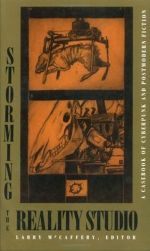



6 comments
[…] Orienting the Disoriented: Setting in Science Fiction by Sarah Einstein […]
Thought-provoking essay, Sarah. Oddly, I actually liked that example of a bad beginning. I would’ve read on, wanted to read on. Might be my tastes having been perverted by writers like D. F. Wallace (“Infinite Jest” is perhaps my favorite sci-fi ever) whose copious and persistent detail and specifics and even mountainous undigested research add credibility not present in run-of-the-mill fiction which I find ever harder to suspend belief now in reading. Or maybe it being (like you say) the sort of writing that appeals to the author, now appeals most to me as reader, I too needing that sort of resolution to get involved. There was also a geeky voice to it that attracted me.
Christopher,
Nice of you to say, but your story is such an amazing example of how setting–deployed correctly–is what creates the uncanny in scifi and makes it so compelling. I love the long arc of history punctuated with the usually unknowable biographies of the audience members. It creates such a haunted feel to the piece. The story is so great because it is so rich, and all of the details create the tension in the piece. The historical rendered to closely that the predictive seems more than plausible. Wow.
[…] Orienting the Disoriented: Setting in Science Fiction by Sarah Einstein. […]
[…] Orienting the Disoriented: Setting in Science Fiction by Sarah Einstein. […]
What’s the name of the story mentioned above? It sounds interesting.